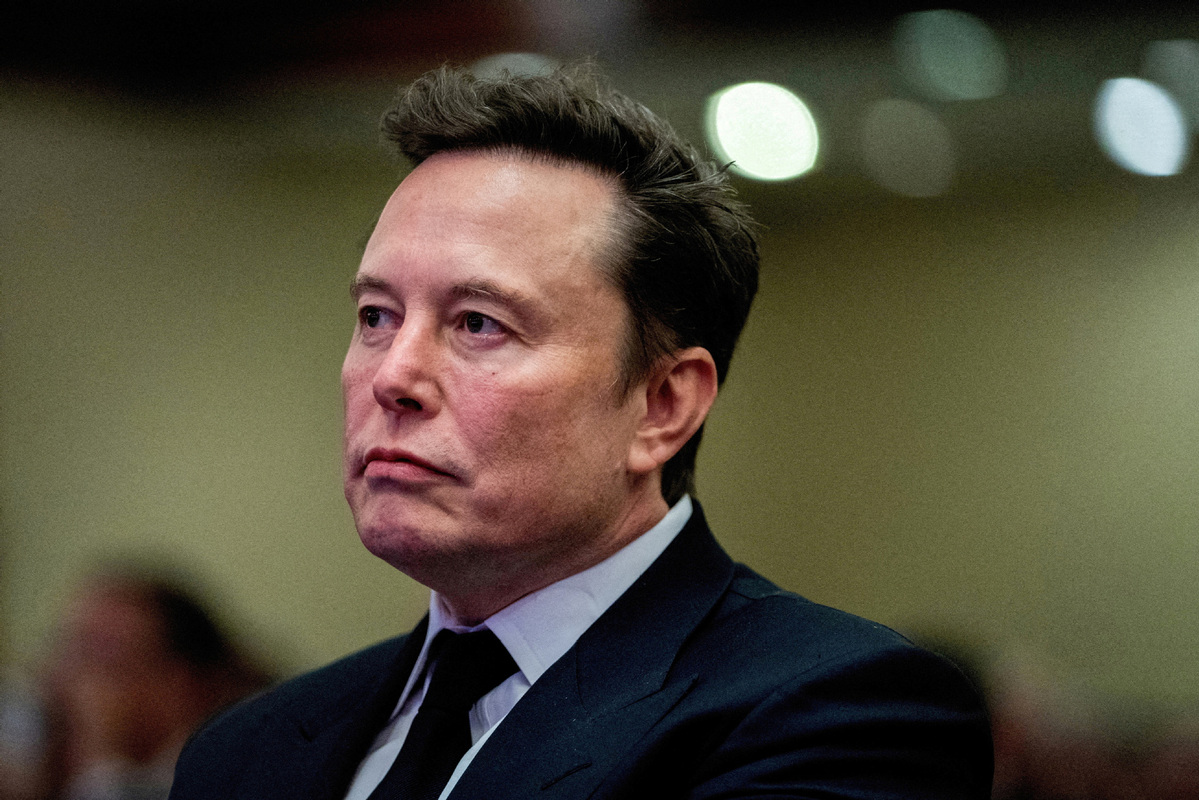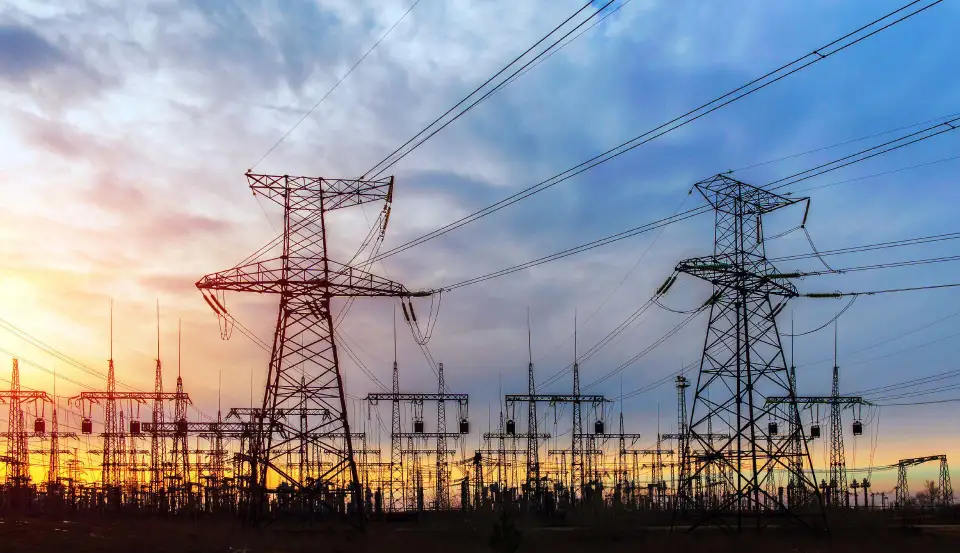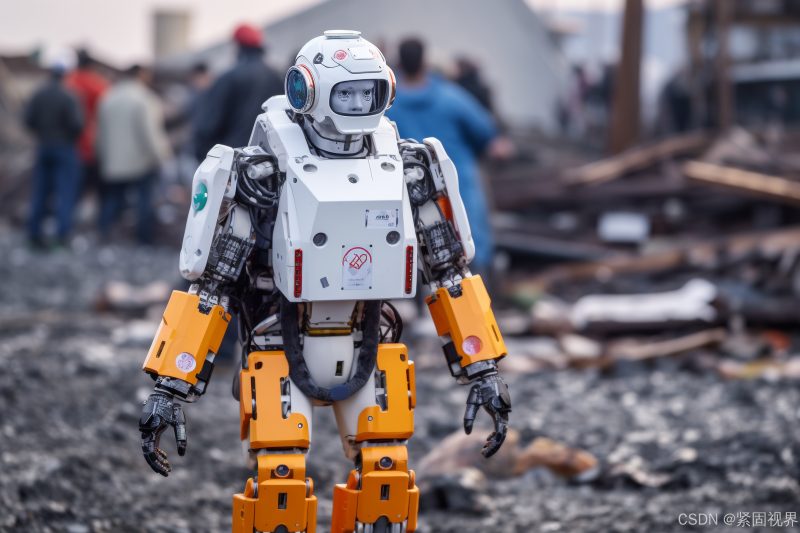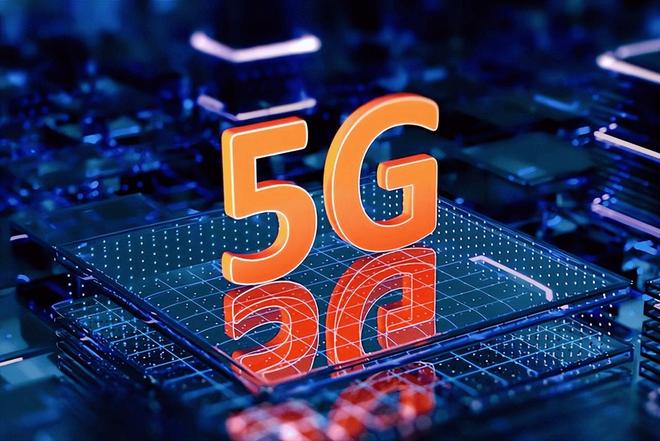Musk is investing a lot of time in his newly founded artificial intelligence company xAI, while at the same time demanding approval from Tesla shareholders for a sky high compensation package aimed at ensuring its focus.
![图片[1]-Musk gave time to xAI, but asked Tesla for trillions of dollars in compensation-gonglubian](https://www.gonglubian.com/wp-content/uploads/2025/11/0-1.webp)
On Thursday, Tesla will announce the preliminary results of a key shareholder vote, with the core issue being Musk’s new compensation plan.
If approved, this plan will increase his shareholding from approximately 15% to 25% within the next decade, provided that the company achieves its ambitious goals, including selling one million Optimus humanoid robots and reaching a market value of $8.5 trillion.
However, according to sources cited by the media, some major Tesla investors have privately pressured company executives and board members in recent weeks, asking how much energy Musk will put into Tesla and whether the company has a CEO succession plan. Two influential consulting firms have suggested that shareholders vote against the proposal.
According to former executives and people who have worked with Musk, he spent most of this summer “hiding” at his latest startup, xAI, attending meetings all night long. He even started holding meetings with Tesla employees in xAI’s office, at a time when Tesla was facing two consecutive quarters of declining sales.
Trillion salary and ‘part-time’ CEO
The Tesla board of directors proposed this massive compensation plan in a power of attorney in September.
Board Chairman Robyn Denholm stated in an interview last week that the board is not concerned about how Musk will allocate his time. She said:
Other CEOs may enjoy playing golf and creating companies, which may not necessarily be Tesla.
Denholm stated that the strict targets in the compensation plan will force Musk to invest “time, energy, and energy” into Tesla. In a meeting with major investors, she and other directors also acknowledged that they cannot force Musk to work full-time for the electric car manufacturer, but they insisted that his focus on AI will ultimately benefit Tesla.
Musk himself stated on the podcast “All In” that he hopes shareholders will approve the plan to ensure that he can maintain significant control during Tesla’s transition to a robotics company. He said:
If I could be kicked out, I wouldn’t go and build a army of robots.
However, the consulting firm believes that this plan will give Musk too much equity and therefore recommends opposing it.
Tesla, xAI and Interest Conflict
The boundaries between companies under Musk’s umbrella are becoming increasingly blurred.
Earlier this year, he integrated xAI with X (formerly known as Twitter). After SpaceX invested approximately $2 billion in xAI, an idea to involve Tesla in the investment has once again surfaced. More than 140 shareholders have submitted a proposal requesting Tesla’s board of directors to approve the investment in xAI.
Although Musk claims that the two companies have synergies in autonomous driving and Optimus robots, some large investors are skeptical about this potential investment.
The Tesla board of directors ultimately did not make any recommendations on the proposal. During a media interview, Chairman Denholm attempted to downplay the technological connection between Tesla and xAI, stating that there is “very little overlap” between their technologies, and comparing the integration of Grok into Tesla cars to the integration of third-party applications such as Spotify.
Now, as the crucial vote approaches, Tesla investors are facing a core question: whether approving a sky high compensation package can really bring a CEO whose focus has clearly shifted back on track, or is it paying for another piece of the puzzle in his increasingly large business empire.
Musk himself responded to the salary dispute by posting on X and asked in reverse:
If the CEO were not me. Which CEO of other car companies would you like to run Tesla?
Devote oneself wholeheartedly to xAI
After leaving the Department of Government Effectiveness (DOGE) of the Trump administration in late May this year, Musk devoted himself wholeheartedly to the work of xAI.
According to sources cited by the media, he sometimes sleeps a few days a week in xAI’s office in Palo Alto, which is across the street from Tesla’s engineering headquarters.
His work style has also changed, from weekly attendance at all staff meetings to hours long one-on-one conversations with employees.
During the fervent weeks driving the release of xAI’s latest model Grok 4 in July, many employees adjusted their schedules to accommodate Musk’s unusual work hours.
He personally supervised the design of a sexy female chatbot named Ani, planned a super large data center for xAI in Memphis, and played his favorite video game “Diablo” in the office for long periods of time to relax.
At the same time, Tesla’s core business is struggling. In the quarter ending June 30th, its car sales decreased by 13.5%, marking the second consecutive quarter of decline. Musk admitted to investors during the earnings conference call:
We may have to go through several difficult quarters.
Controversial Expansion Path of xAI
In order to make xAI’s Grok quickly catch up with OpenAI’s ChatGPT, Musk has taken some highly controversial measures.
According to reports, xAI requires employees (mainly AI trainers) to sign an agreement granting the company a “permanent, global, royalty free” license to use their biometric data, such as facial and voice recognition, to train virtual avatars. A follow-up notice explicitly states that providing such data is a work requirement to advance the mission of xAI.
These data were used to develop a 3D virtual avatar called Ani. The robot is designed as an anime style character with blonde braids and revealing clothing, interacting with users similar to a dating simulation game, attracting a large number of paying subscribers.
However, according to reports, some employees who provided biological data felt uncomfortable with Ani’s suggestive color and stereotypical image. In addition, after the Grok system was adjusted to increase user engagement, it once output anti Semitic and violent content on the X platform, causing a public uproar.
Furthermore, according to company records seen by the media, xAI also instructed employees to use their personal accounts to ask questions on competitor platforms such as ChatGPT, and then use the answers obtained to improve Grok.
Another project requires employees to create personal accounts and capture data on AI website building companies Reply and Bolt. The spokesperson for Reply stated that this behavior violates its terms of service.










暂无评论内容